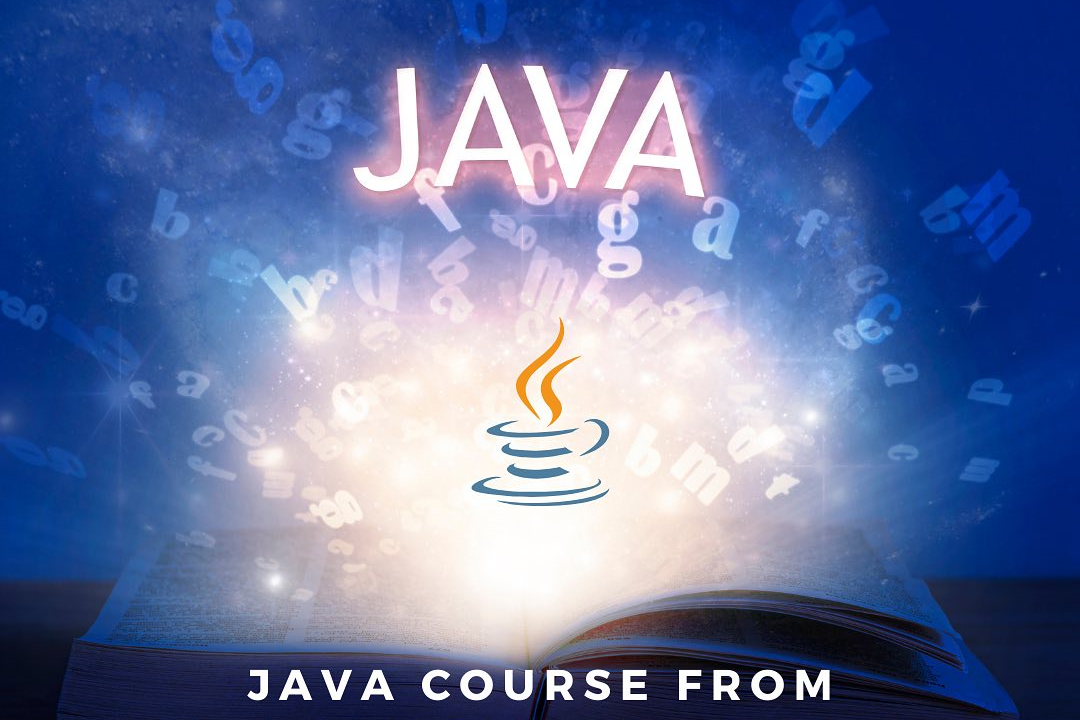Java for performance benchmarking
Optimizing Java: A Guide to Performance Benchmarking
Java for performance benchmarking
Java is a popular programming language widely used for performance benchmarking due to its portability, robustness, and extensive ecosystem of libraries and frameworks. In performance benchmarking, Java applications can be instrumented to measure execution time, memory usage, and throughput, allowing developers to assess the efficiency of their code and algorithms. Tools like JMH (Java Microbenchmark Harness) provide a comprehensive framework designed for microbenchmarking Java code, offering precise measurement and minimizing common pitfalls such as dead code elimination and JVM optimizations. Additionally, Java’s Just-In-Time (JIT) compilation, garbage collection, and multithreading capabilities further enhance benchmarking efforts by enabling the evaluation of performance in real-world scenarios. Overall, Java serves as a powerful platform for conducting thorough and reliable performance benchmarks in various applications.
To Download Our Brochure: https://www.justacademy.co/download-brochure-for-free
Message us for more information: +91 9987184296
1 - Introduction to Performance Benchmarking
Understand the concept of performance benchmarking in software development and its importance in evaluating the efficiency of Java applications.
2) Java Performance Characteristics
Learn about the inherent performance characteristics of Java, including Just In Time (JIT) compilation, garbage collection, and thread management.
3) Benchmarking Tools Overview
Get familiar with popular benchmarking tools such as JMH (Java Microbenchmark Harness), Apache JMeter, and VisualVM that are used for evaluating Java performance.
4) Setting Up the Benchmark Environment
Understand how to set up a clean and consistent environment for performance testing to ensure reliable and reproducible results.
5) Writing Microbenchmarks with JMH
Explore the process of writing effective microbenchmarks using JMH, including the use of annotations and configuration parameters.
6) Understanding Benchmark Results
Learn how to interpret the results generated by benchmarking tools, including metrics like throughput, latency, and resource usage.
7) Common Performance Pitfalls
Identify common performance pitfalls in Java applications, such as unnecessary object creation, synchronization issues, and inefficient data structures.
8) Profiling Java Applications
Gain insights into profiling techniques and tools that help in identifying performance bottlenecks in your Java applications.
9) Memory Management and Garbage Collection
Explore how Java manages memory, the role of the garbage collector, and how to monitor and optimize memory usage.
10) Threading and Concurrency
Learn about Java's concurrency model, including threading, synchronization, and concurrency utilities that can impact performance.
11) Tuning the JVM for Performance
Understand how to tune the Java Virtual Machine (JVM) settings, such as heap size and garbage collection parameters, to enhance application performance.
12) Performance Testing Strategies
Discuss various strategies for performance testing, including load testing, stress testing, and endurance testing.
13) Real world Case Studies
Analyze case studies of performance benchmarking in real world Java applications to gain practical insights and lessons learned.
14) Continuous Performance Monitoring
Understand the importance of continuous performance monitoring and how to implement ongoing performance evaluations in CI/CD pipelines.
15) Best Practices for Performance Benchmarking
Compile a set of best practices for conducting performance benchmarks effectively, including tips for writing benchmarks, measuring accurately, and avoiding false results.
16) Future Trends in Java Performance
Explore emerging trends and technologies in Java that may impact performance, such as project Loom (virtual threads) and advancements in JVM optimizations.
This comprehensive outline serves as a foundation for a training program designed to equip students with the knowledge and skills needed for effective Java performance benchmarking. Each point can be expanded into sessions or modules during the program.
Browse our course links : https://www.justacademy.co/all-courses
To Join our FREE DEMO Session: Click Here
Contact Us for more info:
Java for Smart Home Technology
WHERE TO LEARN NODE JS FOR FREE
Mobile ux/ui
project management short courses
Android Training Nashik











